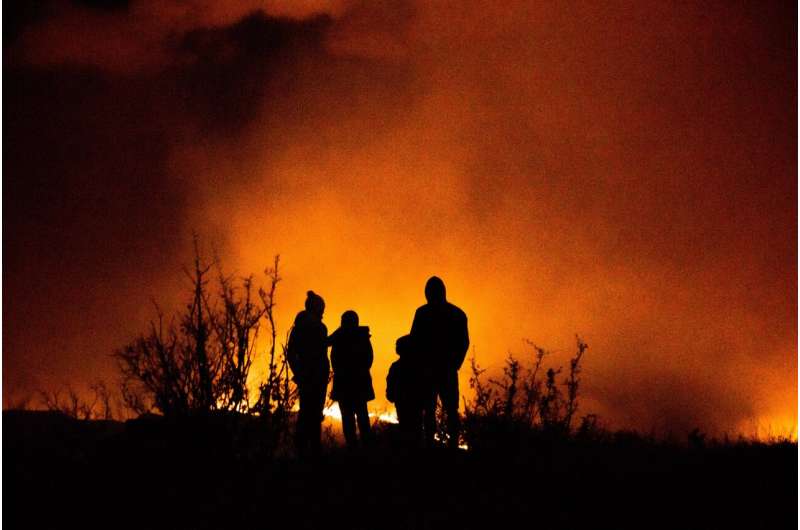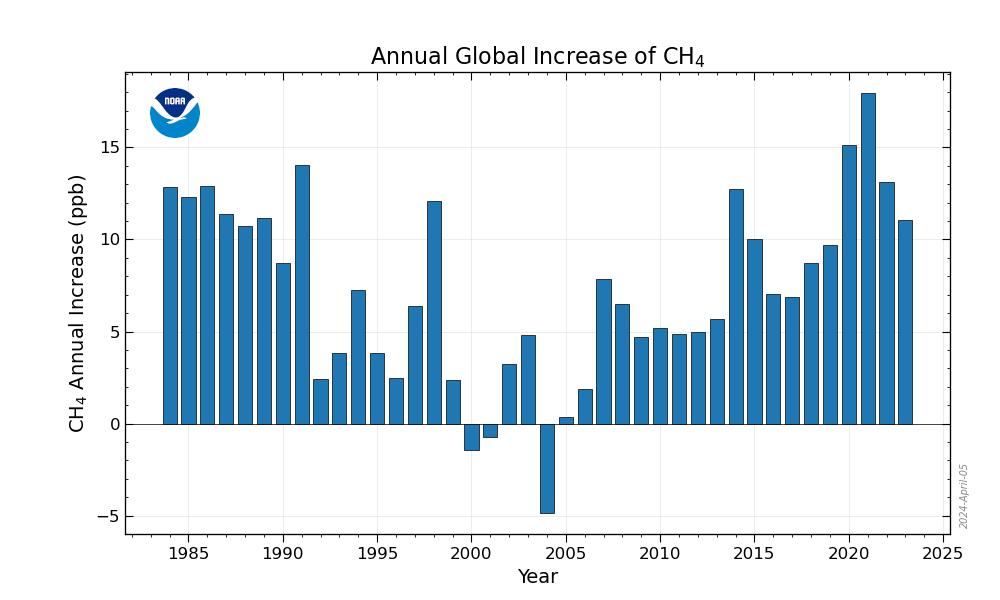Papua New Guinea will “immediately” lift a ban on forest carbon credit schemes, the Pacific nation’s climate minister told AFP on Thursday, opening up its vast wilderness to offset global emissions.…Continue readingPapua New Guinea lifts ban on forest carbon credits
Tag: carbon price
We are seeing unprecedented rapidly intensifying tropical storms such as Hurricane Helene in the eastern United States and Super Typhoon Yagi in Vietnam. Unprecedented fires in Canada have destroyed towns. Unprecedented…Continue readingUnprecedented peril: Disaster lies ahead as we track towards 2.7°C of warming this century, researchers warn
An international coalition led by Oregon State University scientists concludes in its annual report published in BioScience that the Earth’s worsening vital signs indicate a “critical and unpredictable new phase of…Continue readingClimate report warns of escalating crisis, urges immediate action as UN summit nears
Many of Earth’s “vital signs” have hit record extremes, indicating that “the future of humanity hangs in the balance”, a group of the world’s most senior climate experts have said. More…Continue readingEarth’s ‘vital signs’ show humanity’s future in balance
According to a new paper in Oxford Open Climate Change, the strategies humanity must pursue to reduce climate change will have to include more than reducing greenhouse gases. This comes from…Continue readingResearchers argue that reducing greenhouse gas emissions is not enough to combat climate change
Background (Nino neutral) global warming (relative to 1880-1920) is now at least 1.2°C (2.2°F) as a result of accelerated warming since 2015. What else is new? Hotspots are getting hotter. The…Continue readingHotter Hotspots, Drier Dryspots, Wetter Wetspots, and Stronger Storms





